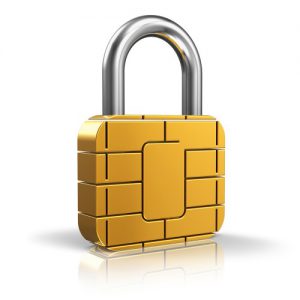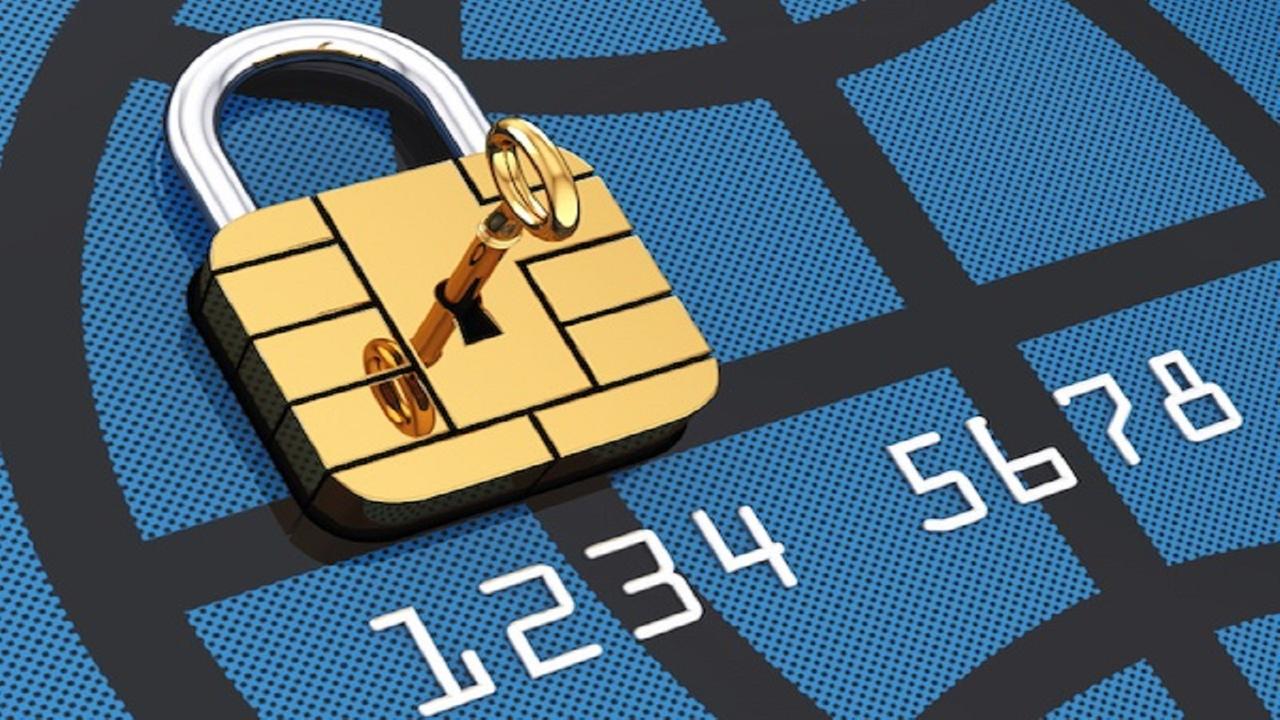Early last year, most of the major financial institutions implemented new tech across the board for those who are utilizing their credit and debit cards. This mandatory upgrade is called EMV technology, with over 700 million of these two types of cards getting the overhaul with embedded chips.
This EMV chip, or the Europay, Mastercard, and Visa chip as it is formally called was implemented in Europe successfully before it made it to our shores for the purpose of protecting the consumer from what was becoming costly security breaches. We have been hearing about the large box stores having major problems with their vulnerable systems in the past. And for the individual consumer, it was happening even more frequently. The scam usually was innocent looking enough. Someone would go into a crowd, with a tool that could read magnetic strips. The coupling of both of these together and the large box stores are not the only one’s left vulnerable financially.
At that point, the major credit card companies decided to work together to better the situation, prevent security breaches and heavily impacted write-offs that they were being inevitably hit with. Thus, the chip cards came to the American people.
 Let’s take a closer look at the Target data breach we heard so much about in 2013. Target was hacked during the holiday shopping season, information stolen from more than 70 million customers. This wasn’t just credit card numbers only, mind you, this also included names, emails, telephone numbers and addresses as well. After the fallout, Visa, Mastercard or the bank that issued the card was liable for the erroneous charges. As it was reported in CNN Money, the hit financially to the Payment Processors was in the 10’s of millions. They sued Target and settled for the tune of $39 million. It certainly didn’t do these companies any good, remaining vulnerable as the were.
Let’s take a closer look at the Target data breach we heard so much about in 2013. Target was hacked during the holiday shopping season, information stolen from more than 70 million customers. This wasn’t just credit card numbers only, mind you, this also included names, emails, telephone numbers and addresses as well. After the fallout, Visa, Mastercard or the bank that issued the card was liable for the erroneous charges. As it was reported in CNN Money, the hit financially to the Payment Processors was in the 10’s of millions. They sued Target and settled for the tune of $39 million. It certainly didn’t do these companies any good, remaining vulnerable as the were.
With the EMV chip, the liability for fraudulent charges is now on the party that is the least EMV-compliant. This, if you haven’t switched yet to the latest consoles and systems could mean you and your business is liable for anything that gets breached from your data systems. If you aren’t upgraded, and the info is stolen the credit card (debit card) issuer are in compliance. The retailer is then responsible for those charges and other losses associated with your stolen identity as it’s the least EMV- compliant.
As a retailer or any business taking credit cards for payment, you need to stay on top of what you are needing to do, to keep your liability to a minimum and your security at maximum. Contact us here at Fig Pay to find out how we can get you the right equipment for what you are needing!



